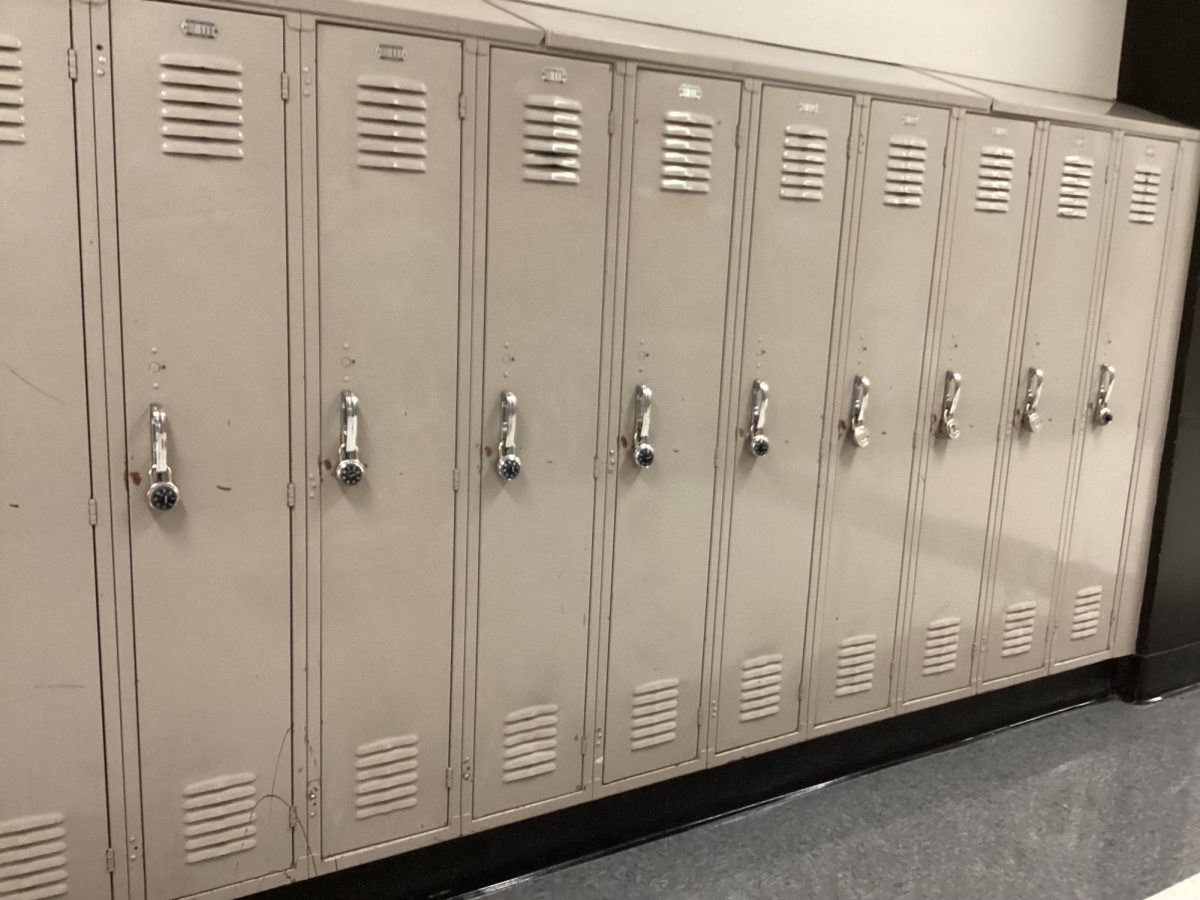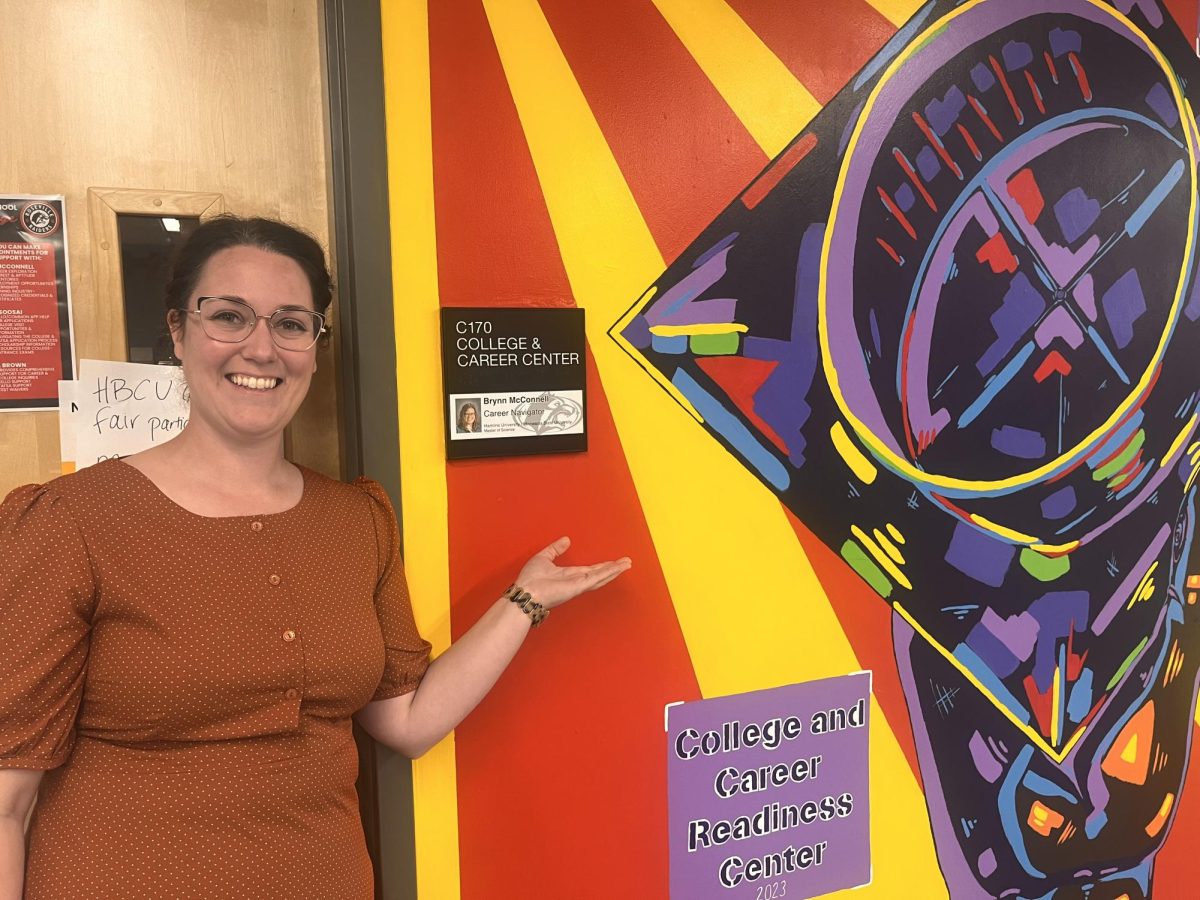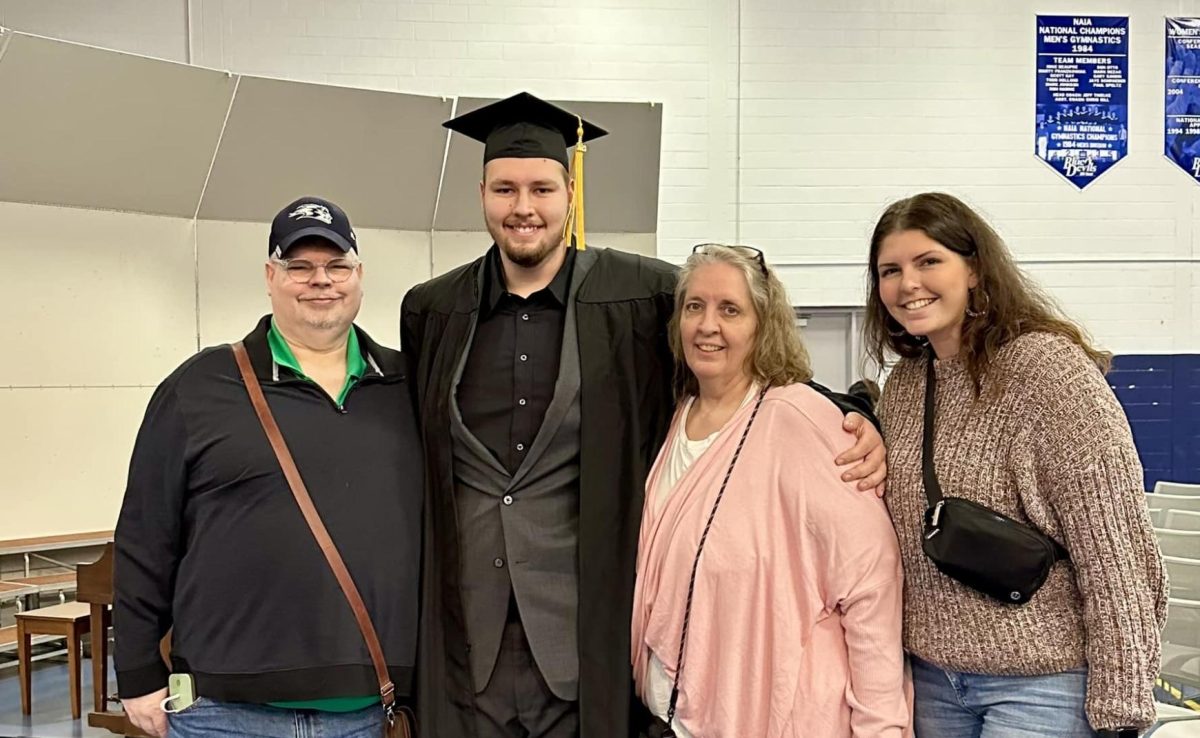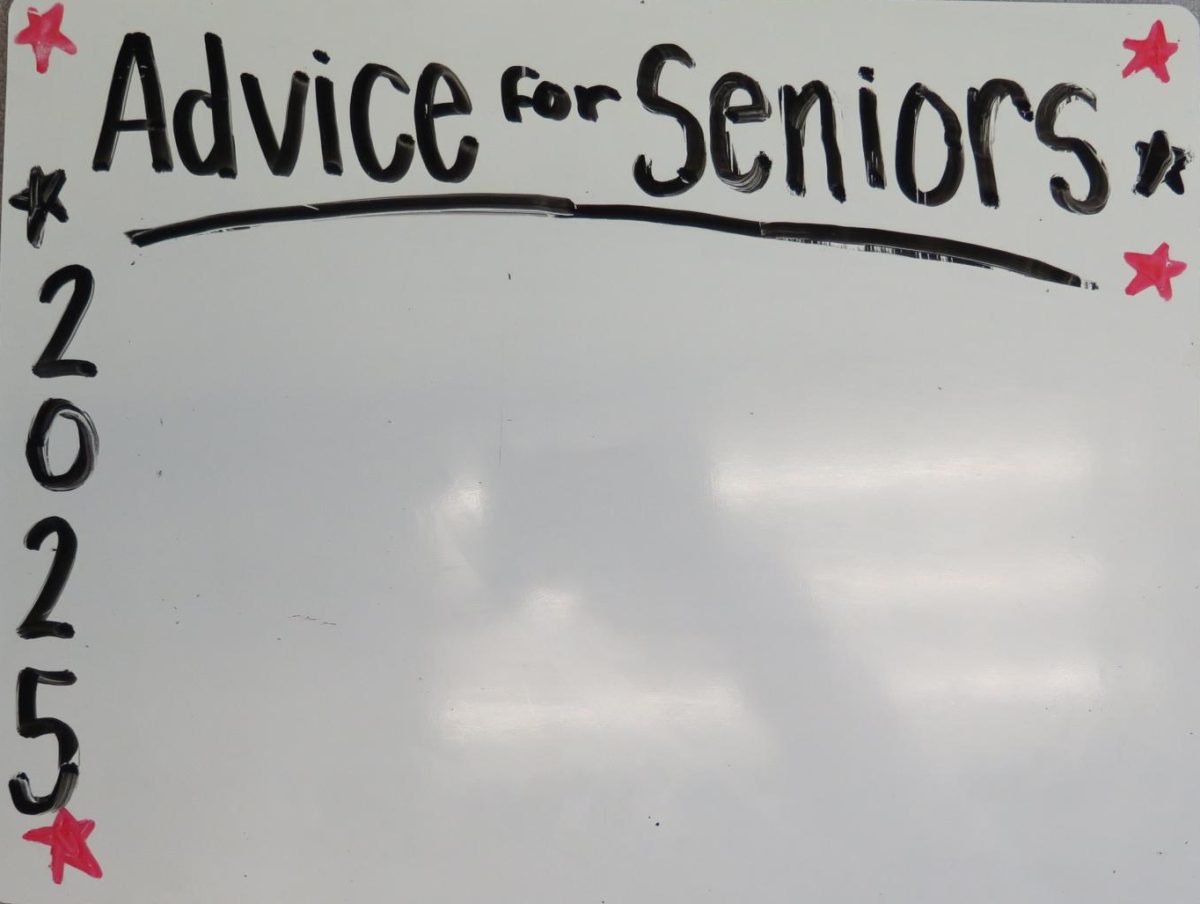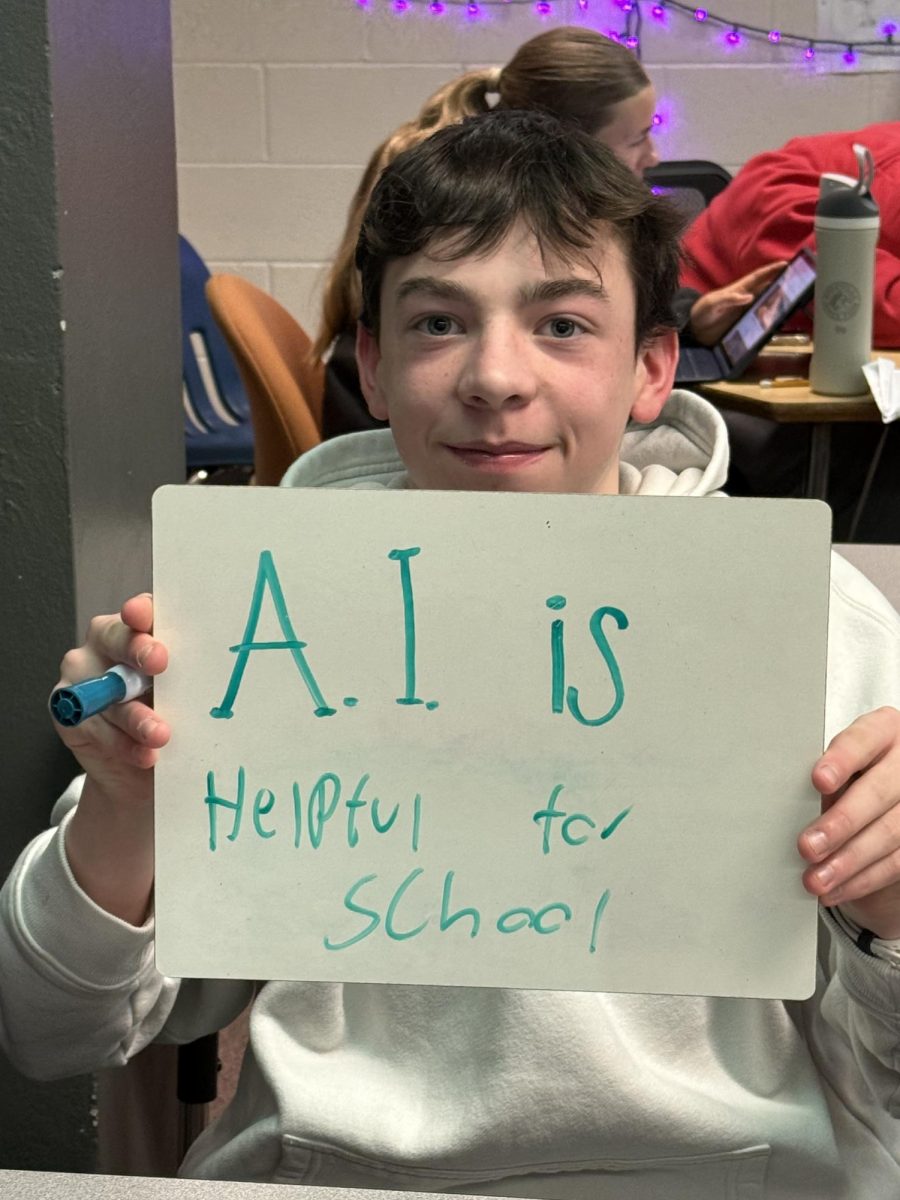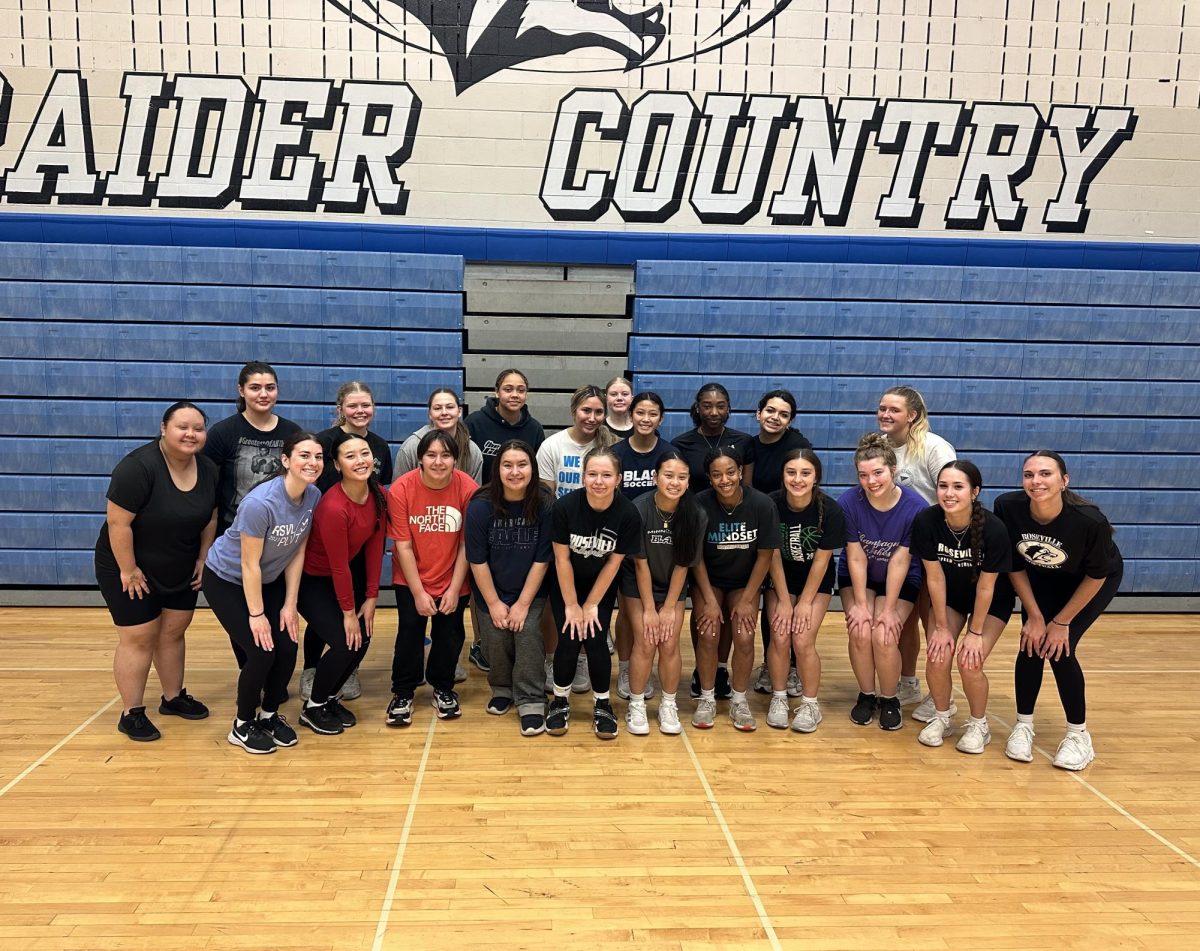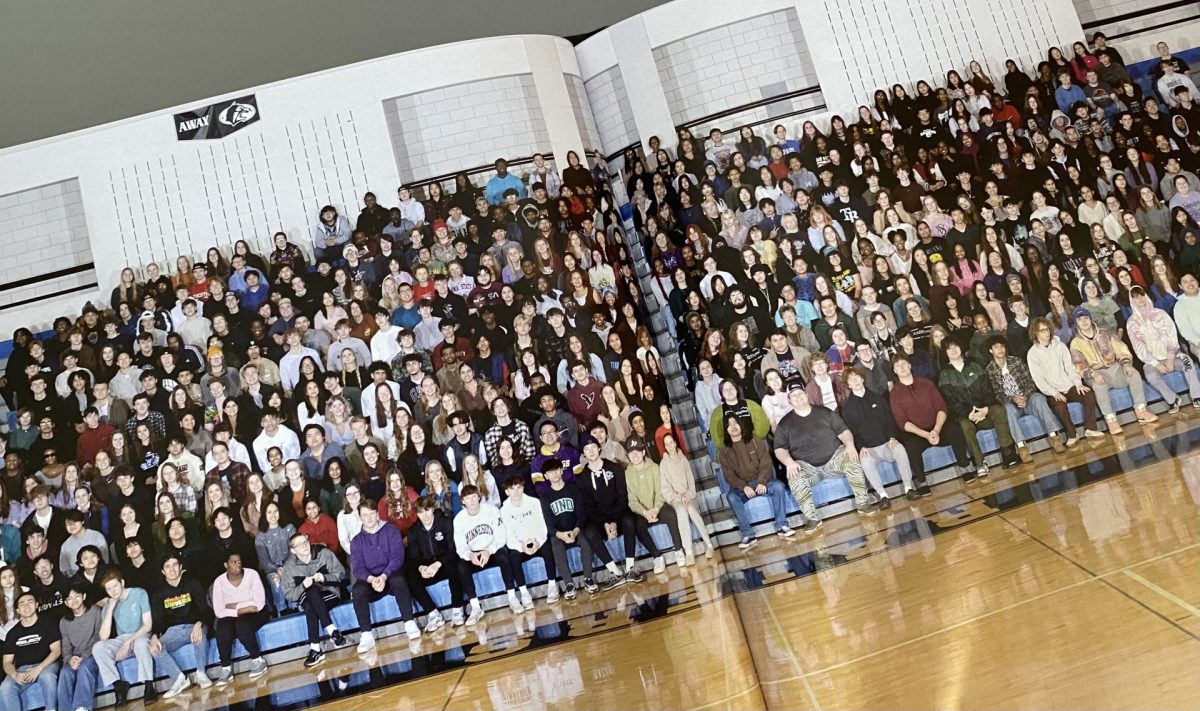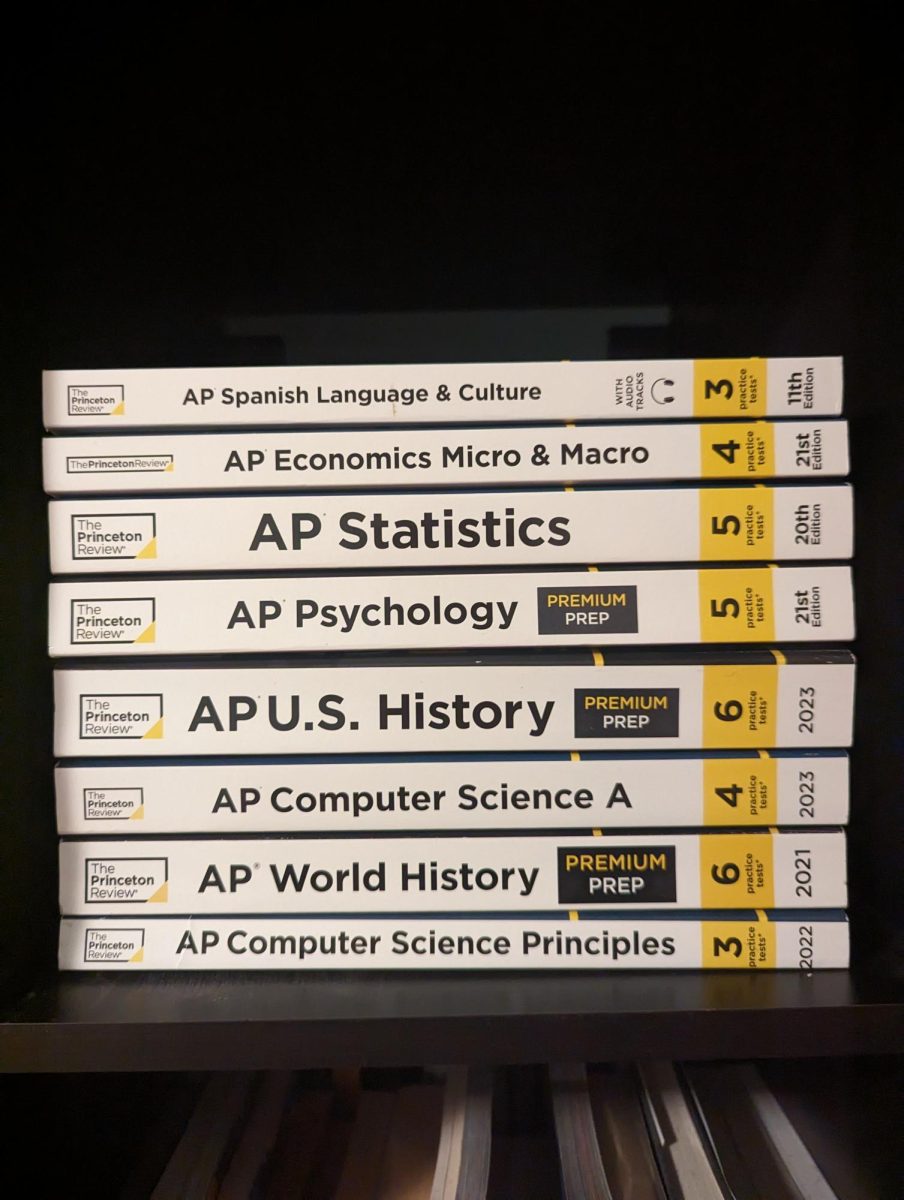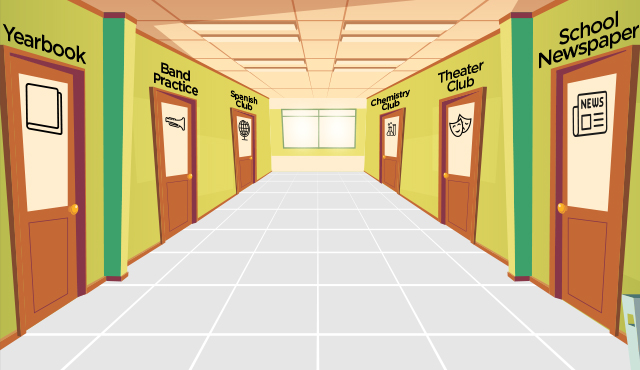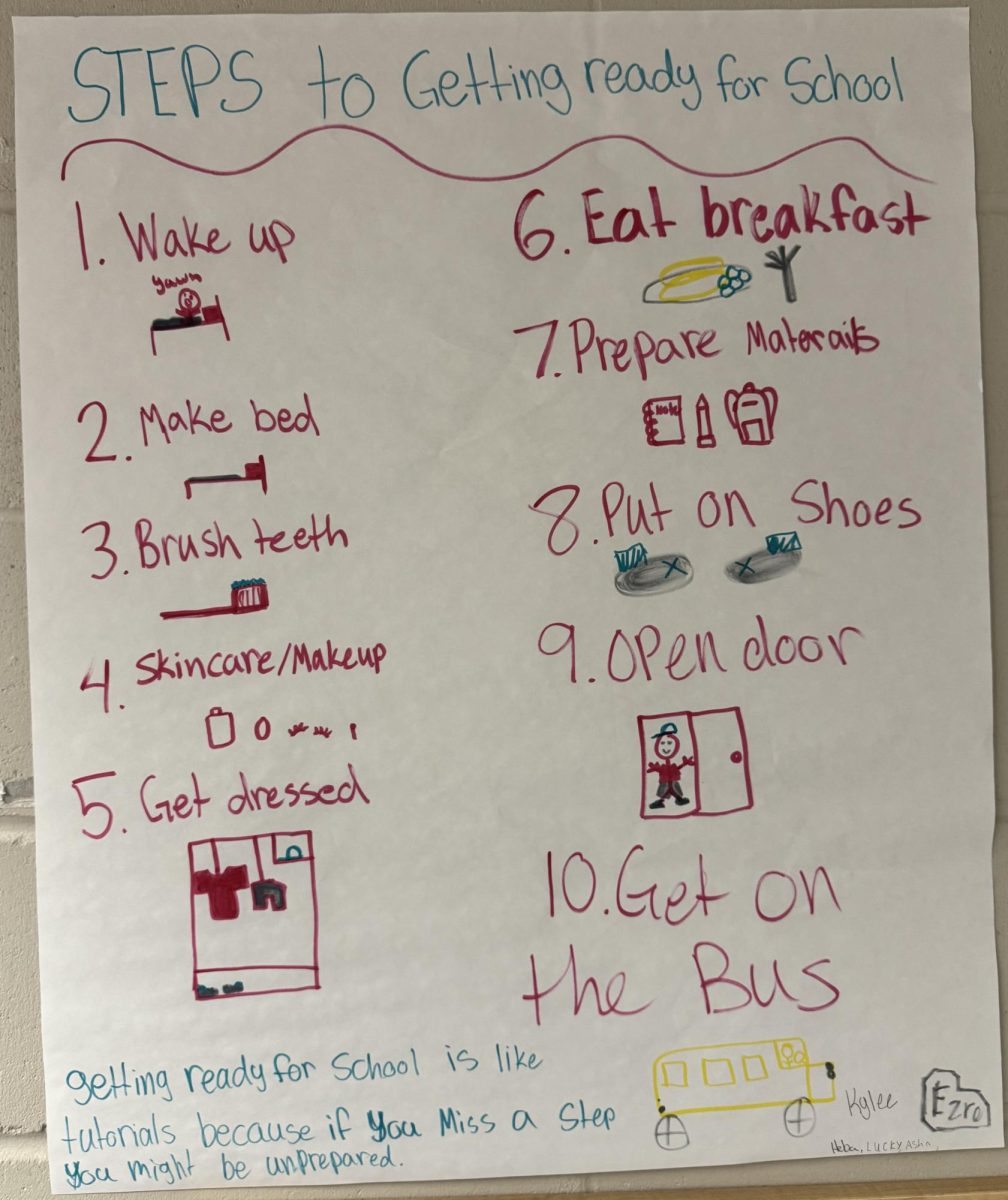Throughout my time at RAHS, online classes have gained a lot of popularity. They can make school a lot easier and self-paced; however, I do not think this is what a high school needs.
High school is about refining the communication skills learned in elementary and middle school. Teenagers mature a lot throughout their four years in high school, and a lot of that is social development in classrooms. Students don’t get these same benefits when taking a class online.
In-person learning is extremely valuable towards teenagers’ mental health, as they are getting the chance to interact with peers daily and create a community where they feel accepted and valued. According to Ablison Research, “This sense of belonging not only enhances their overall well-being but also improves their academic performance.”
Besides students not getting as much of a social benefit, there are also academic drawbacks. Online classes require an extreme amount of self-motivation, with which high schoolers often struggle. Students may put off their work, which then leads to high levels of stress and increases in cheating.
Cheating and academic dishonesty has always been an issue in schools, even in person. However, online classes make it even easier for students to not do their own work. Students taking tests alone- with unlimited access to the internet- makes it a lot more tempting for students to cheat.
The University of Pittsburgh states, “students cheat in order to protect themselves from acknowledging that their efforts produced low quality results.” This is more than accurate, as every student that I talked to admitted to prioritizing their in-person classes over online, which can lead to less than ideal study methods used on online classes.
Senior Camille Huntley said, “depending on what the class is, I would take it online. Like, required classes that I don’t really care about; yeah, I’ll take it online.
Huntley has taken two online classes this year- American Government and Economics. She said, “I have acquired some knowledge during these classes, but I am definitely not going to remember most of it.”
However, as boring as these classes may seem, they are required for a reason: to educate the public and create informed citizens. While they might not seem like the most interesting topics to a young teenager, they are important to know.
Greg Martinson, the media specialist at RAHS, said, “when we started, we had maybe two to four kids an hour. We have classes now with up to fifty kids.”
“It’s great that we have choice; I will say that. However, we often give classes where it costs the district money to send a student to a different institution. That can cause a financial burden.”
He mentioned a specific class: online gym. Martinson said, “It’s not even a question of if online gym should be a thing or not, but how we’ve been offering it. We’ve been sending them to another place that charges our district.”
Many students might not even be aware that the classes they are taking are charging the district money. It is not advertised when signing up for the class that there is a cost going towards the school.
To conclude, online classes being offered at the high school level do nothing but hinder the education of the youth it is trying to reach and disrupt the social and emotional well-being of teenagers. And while online classes may not be going anywhere anytime soon, perhaps we should stick with doing school the good old-fashioned way.

